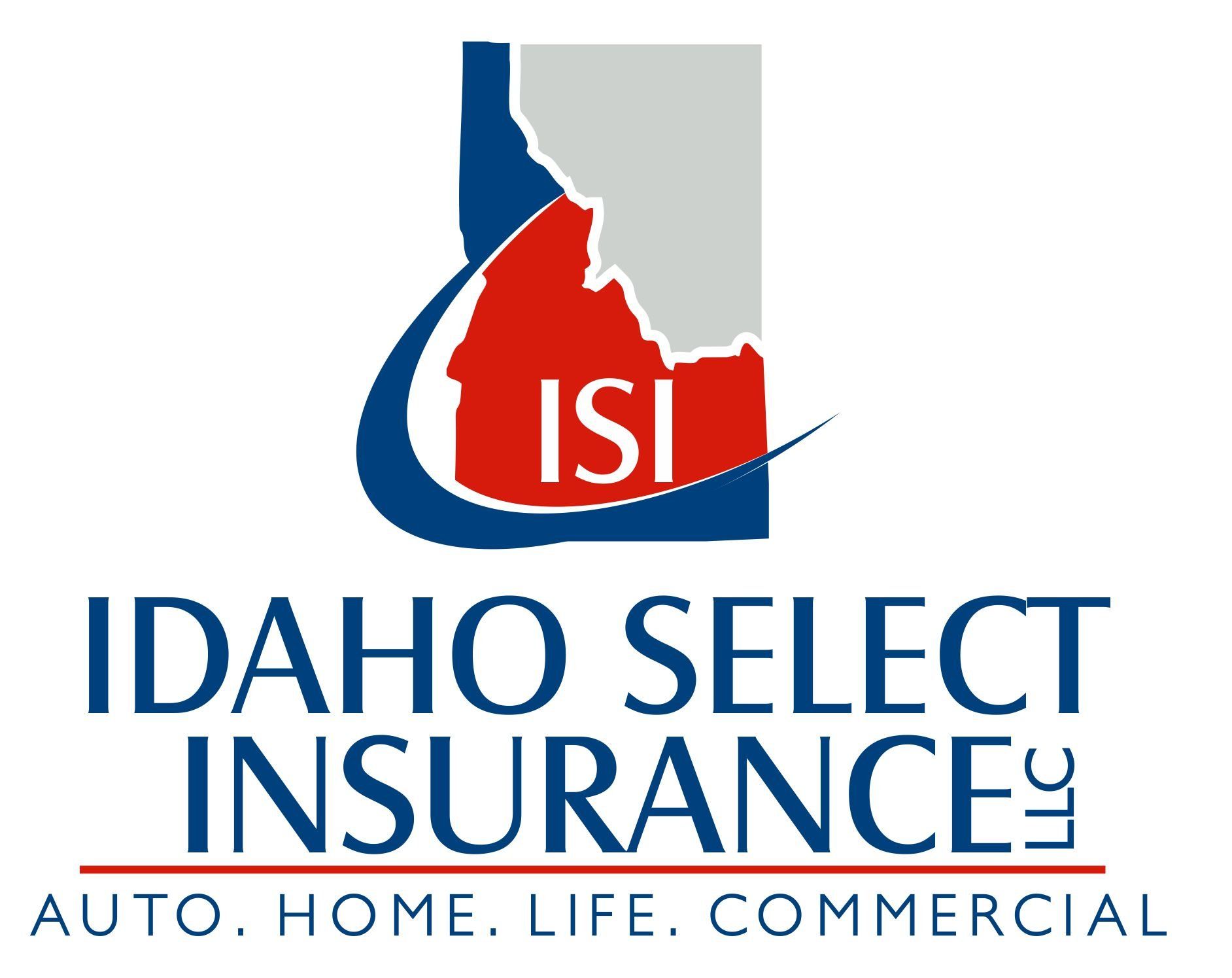Self-Insured Workers' Compensation: A Comprehensive Guide
Self insured workers compensation is a system where businesses choose to bear the financial risk of providing compensation to injured workers instead of purchasing traditional insurance. It is crucial for businesses to understand this concept to protect themselves and their employees in case of workplace accidents.
Key Takeaways
- Self insured workers compensation allows businesses to bear the financial risk of providing compensation to injured workers.
- It offers advantages such as greater control over claims management and potential cost savings.
Contact Us
We will get back to you as soon as possible.
Please try again later.
Businesses must meet certain eligibility requirements to purchase workers' compensation coverage.
Factors such as a decline in the number of companies going public and an increase in the supply of insurance carriers impact the pricing of self insured workers compensation.
Choosing the right workers' compensation insurance providers is important for businesses to ensure adequate coverage and support.
Understanding self-insured workers' compensation is crucial for businesses to protect their employees and manage potential workplace accidents effectively. By considering the various factors and making informed decisions, businesses can ensure they have the right coverage and support in place.
Benefits of Self Insured Workers Compensation
There are several benefits to opting for self insured workers compensation, such as increased control over claims management and potential cost savings. With self insured workers compensation, businesses have the ability to manage claims directly, allowing for more efficient and personalized handling of employee injuries. This can result in faster resolution and reduced costs associated with claims administration.
Another advantage of self insured workers compensation is the potential for cost savings. Companies that choose to self insure can often save on insurance premiums, as they are not paying for the administrative costs and profit margins associated with traditional insurance policies. Instead, they retain the funds and use them to cover claims as they arise.
Self insured workers compensation also offers businesses the flexibility to tailor the program to their specific needs. Companies can design and implement safety initiatives and risk management strategies that align with their unique operations. This proactive approach allows businesses to prioritize employee safety and reduce the likelihood of workplace accidents, ultimately leading to lower claim frequency and costs.
Benefits of Self Insured Workers Compensation
- Increased control over claims management
- Potential cost savings
- Flexibility to tailor the program to specific needs
Types of Self-Employed Workers Eligible for Workers' Compensation Insurance
Workers' compensation insurance is a safety net that provides financial support to employees who suffer from work-related injuries or illnesses. While traditionally associated with employees working for employers, it's a common misconception that self-employed individuals are not eligible for workers' compensation coverage. In many cases, self-employed workers do have the option to obtain this crucial insurance. In this article, we will explore the various types of self-employed workers who may be eligible for workers' compensation insurance.
- Sole Proprietors: Sole proprietors are self-employed individuals who operate their own businesses without forming a separate legal entity, such as a corporation or LLC. In many states, sole proprietors have the option to purchase workers' compensation insurance for themselves. This coverage can be especially valuable as it provides income protection in the event of a work-related injury.
- Independent Contractors: Independent contractors often work on a freelance or project basis for various clients. Depending on the state and the specific work arrangement, some independent contractors may be considered self-employed workers and can purchase workers' compensation insurance on their own. However, it's essential to carefully evaluate their classification under state laws and insurance requirements.
- Partnerships: In some states, partners in a business may be eligible for workers' compensation coverage. However, it typically depends on the specific laws and regulations of the state. Partnerships may need to opt-in for coverage, and the rules can vary significantly, so it's crucial to research the requirements in your jurisdiction.
- LLC Members and Corporate Officers: Members of limited liability companies (LLCs) and corporate officers can often choose to include or exclude themselves from workers' compensation coverage. While not all states require coverage for these individuals, it's recommended that they assess their potential risk and consider the benefits of having workers' compensation insurance.
- Agricultural Workers: Agricultural work is a common field where self-employment is prevalent. Many states offer workers' compensation options for self-employed farmers and agricultural workers. These policies can help protect against injuries caused by machinery accidents, chemical exposure, or other agricultural-related hazards.
- Real Estate Agents and Brokers: Real estate agents and brokers, who are typically considered self-employed, may have access to workers' compensation coverage in some states. They may opt for this insurance to protect themselves against injuries that could occur during property showings or other work-related activities.
- Small Business Owners: Some small business owners and entrepreneurs who are actively involved in the day-to-day operations of their businesses may be eligible for workers' compensation insurance. While the specifics can vary by state and industry, it's worth exploring the potential coverage options available.
Factors Affecting Self Insured Workers Compensation Pricing
Several factors influence the pricing of self insured workers compensation, including market trends and changes in the insurance industry. In recent years, there has been a decline in the number of companies going public, leading to a decrease in self-insured retentions. This trend has resulted in more options for businesses seeking workers' compensation coverage.
Additionally, an increase in the supply of insurance carriers entering the market has contributed to the pricing changes. The growing competition among insurance providers has led to more competitive rates and options for businesses looking to self-insure their workers' compensation.
Market Trends and Changes in the Insurance Industry
A shift in market trends and changes in the insurance industry have also impacted the pricing of self insured workers compensation. Some of these trends include advancements in technology that have improved claims management processes and reduced costs for insurance providers. As a result, businesses may see more competitive pricing for their workers' compensation coverage.
| Factors Affecting Pricing | Description |
|---|---|
| Number of Claims | The number and severity of claims can impact the pricing of self insured workers compensation. Higher claim volumes or costly claims may result in increased premiums. |
| Industry and Occupation | Workers' compensation rates can vary based on the industry and occupation of the employees. Higher risk industries may have higher premiums. |
| Experience Modification Rating | The experience modification rating (EMR) is a factor that insurers consider when determining premiums. A higher EMR may result in higher premiums. |
| State Regulations | Each state has its own regulations and requirements for workers' compensation coverage. These regulations can impact pricing and coverage options. |
When considering self insured workers compensation, businesses should carefully evaluate these factors and seek guidance from insurance professionals to ensure they are getting the best coverage for their needs. By staying informed about market trends and changes in the insurance industry, businesses can make informed decisions and secure the appropriate workers' compensation coverage at competitive pricing.
Eligibility Requirements and Options for Workers' Compensation Insurance
To purchase workers' compensation insurance, businesses must meet certain eligibility requirements and have access to affordable health insurance options. Being lawfully present in the US is a key requirement for businesses seeking workers' compensation coverage. Additionally, businesses must not be incarcerated and must not be enrolled in Medicare.
- Business Structure: The eligibility of your business is largely dependent on its legal form. For instance:
- Sole owners: While it's not required, in many states sole owners have the option to enroll in workers' compensation insurance.
- Partnerships: Depending on the partnership agreement and state laws, partners may or may not be eligible for coverage. While some states mandate it, others only permit partners to opt in.
- LLC Members: Depending on state laws and policies, LLC members may or may not be able to remove themselves from workers' compensation.
- Corporate Officers: Generally speaking, corporate officers have the option of obtaining workers' compensation insurance, though this choice is frequently governed by the corporation's bylaws and state regulations.
- Work Activities: Another important consideration is the type of work you do for yourself. Certain industries or occupations may be exempt from workers' compensation rules in some jurisdictions, while a wider variety of activities may be included in others.
- Opting In or Out: It is a personal choice for those who meet the eligibility requirements whether or not to get workers' compensation insurance. Self-employed people have two options when it comes to protecting themselves against work-related injuries: they can choose to rely on savings or other insurance options.
Get Yourself A Worker's Compensation Insurance with Idaho Select Insurance
Understanding self-insured workers' compensation is essential for businesses to safeguard their employees and manage potential workplace accidents efficiently. Self-insured workers' compensation refers to a system where companies choose to bear the financial risk of providing compensation to injured workers instead of purchasing traditional insurance. By opting for self-insured workers' compensation, businesses can have greater control over claims management, potentially save costs, and customize the program to meet their specific needs.
However, businesses must also be aware of the risks and responsibilities that come with self-insured workers' compensation. It is crucial to consider the various factors that affect pricing, such as the decline in the number of companies going public and the increase in the supply of insurance carriers entering the market. Understanding these factors can help businesses make informed decisions and anticipate potential changes in pricing for workers' compensation insurance.
To purchase workers' compensation coverage, businesses must meet certain eligibility requirements. These requirements include being lawfully present in the US, not being incarcerated, and not being enrolled in Medicare. Additionally, businesses can explore various options for affordable health insurance, such as the ACA Marketplace individual and family health plans with income-based subsidies called Advance Premium Tax Credits. Medicaid is also available for eligible individuals, and short-term health insurance can be considered as a budget-friendly alternative.
Choosing the right workers' compensation insurance providers is crucial for businesses to ensure they receive adequate coverage and support. Some top workers' comp insurance companies in the US include Arch Insurance, AmTrust Financial, Chubb, and State Fund. By selecting the right provider, businesses can have peace of mind knowing that their employees are protected and their needs are addressed.
In conclusion, understanding self-insured workers' compensation is vital for businesses to protect their employees and effectively manage potential workplace accidents. By considering the various aspects discussed in this guide and making informed decisions, businesses can ensure that they have the necessary coverage and support in place to safeguard their employees and navigate the complexities of workers' compensation effectively.
Affordable Insurance With Personal Service - Local Agents & Brokers
CONTACT US
Phone: 208-515-2625
Email Us:
tony@idselectins.com
chris@idselectins.com
Meridian Office
3023 E Copper Point Dr. #203
Meridian, ID 83642
Boise Office: 9727 W Cory Ln Ste. 101
Boise, ID 83704
Insurance Services
Have Questions or Request A Quote
Contact Us
We will get back to you as soon as possible.
Please try again later.






